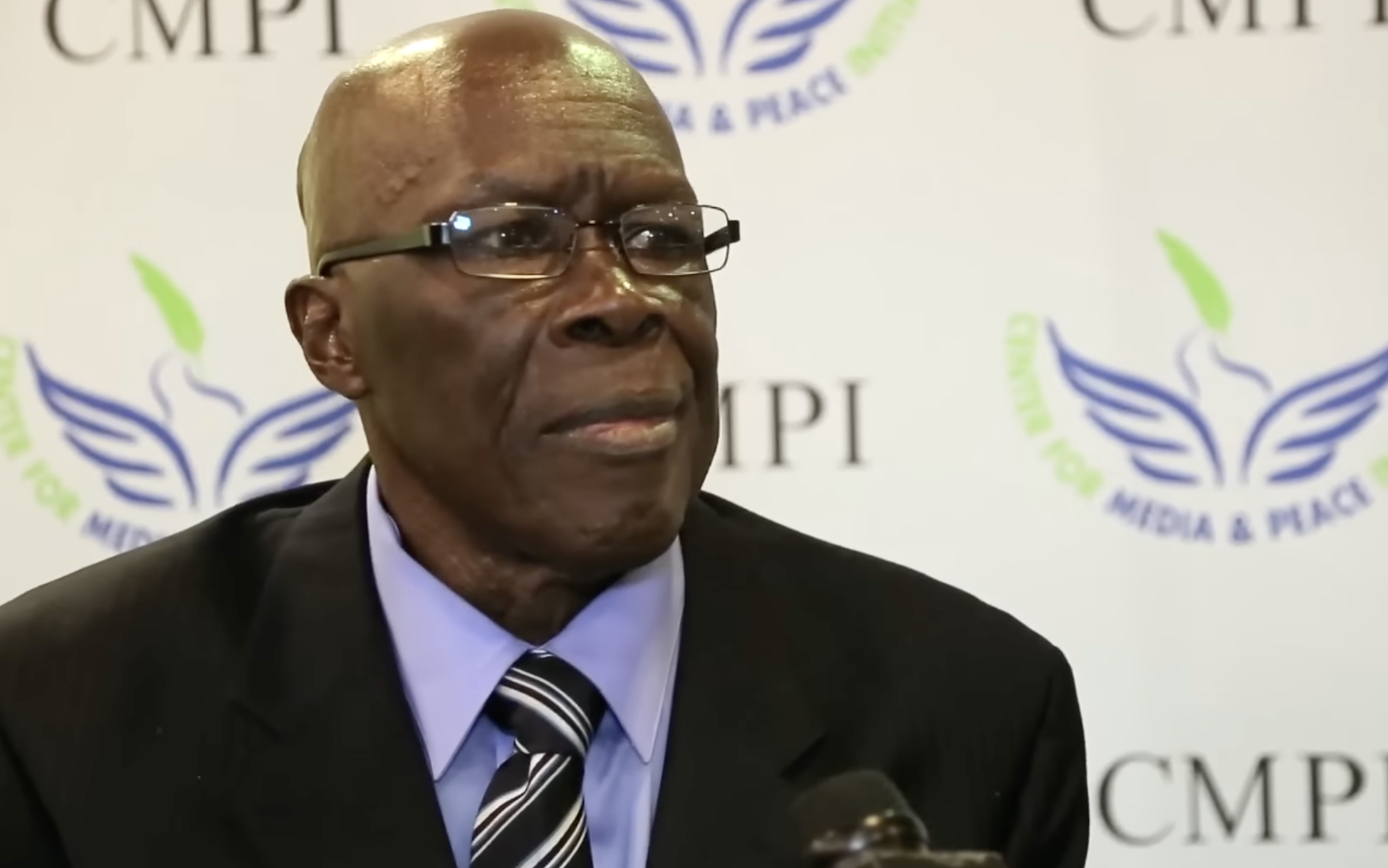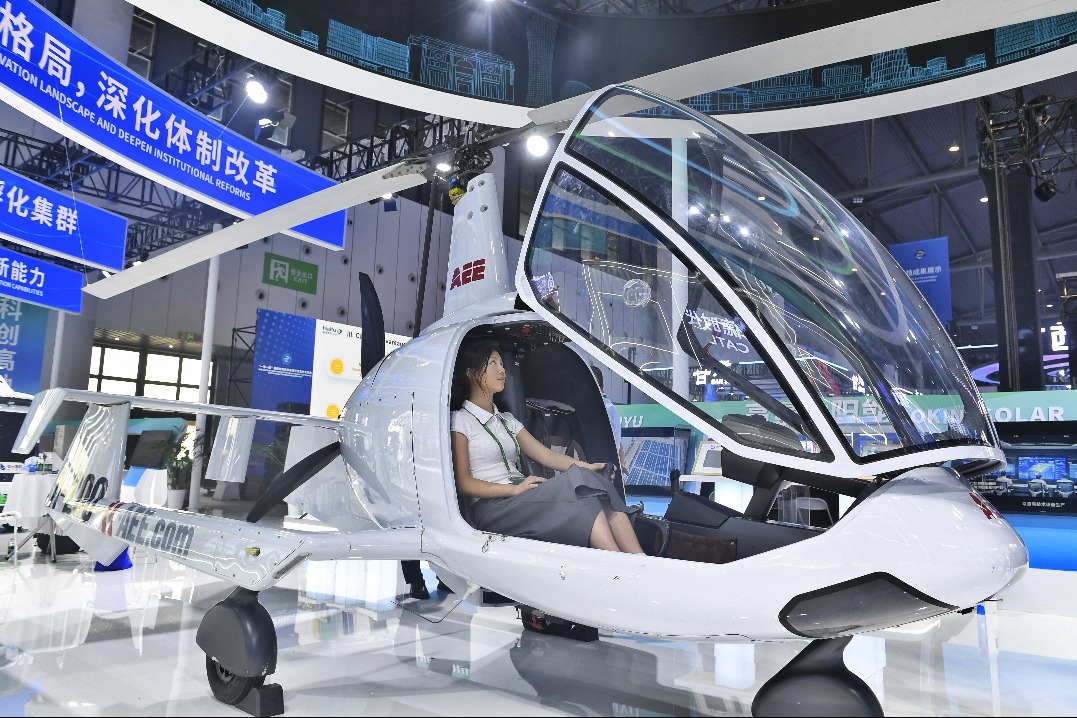Indian Auto Sector Seeks Government Help on Magnet Imports Amid China's Curbs

The Indian automobile industry is currently facing a significant challenge concerning the import of rare earth magnets from China, essential components for various applications, particularly in passenger cars and electric vehicles (EVs). Industry stakeholders have urgently appealed to the Indian government for support in expediting pending approvals from Chinese authorities to ensure a stable supply.
China holds a dominant position in the global market, controlling over 90% of the processing capacity for these critical magnets. This dominance has become a point of concern following the Chinese government's decision, effective April 4, to impose restrictions requiring special export licenses for seven specific rare earth elements and their related magnet products.
Several domestic Indian suppliers, in their efforts to secure these magnets, have already applied for the necessary approvals through their local vendors and partners in China. However, sources indicate that these applications are yet to receive clearance, leading to growing uncertainty within the industry.
Rare earth magnets are indispensable in modern vehicles. Their applications are widespread, including in crucial components like speedometers, electric motors, e-axles, electric water pumps, automatic transmission kits, speakers, sensors, and engine ignition coils. Their unique properties, such as high magnetic energy storage capacity with low coercivity at elevated operating temperatures, make them particularly vital for the burgeoning EV sector.
The situation has prompted responses from key industry players. Rahul Bharti, Senior Executive Officer at Maruti Suzuki India, highlighted that China has requested an end-user certificate for these imports, which necessitates endorsement by the Indian government and subsequent approval from Chinese authorities. This procedural requirement is currently under discussion between the industry and the government. The impact of such restrictions is already being felt elsewhere, with Suzuki Motor in Japan reportedly halting production of its Swift model due to these magnet shortages.
Rajat Mahajan, Automotive Sector Leader at Deloitte India, characterized the shortage as a significant supply chain disruption, with a particularly acute impact on EV manufacturing. He noted that while alternative magnetic materials have been a subject of research and development for a long time, they have not yet achieved large-scale commercial viability for applications like EVs. Furthermore, Mahajan pointed out that the availability of rare earth magnets from recycling is insufficient to meet current EV production demands, and automakers cannot easily or quickly shift to different powertrain technologies or alternative materials. He expressed hope for a diplomatic resolution, warning that a prolonged crisis might compel large original equipment manufacturers (OEMs) to consider shifts in their powertrain strategies.
Srikumar Krishnamurthy, Senior Vice President and Co-Group Head for Corporate Ratings at Icra, reiterated the essential role of rare earth magnets in several EV components, including electric motors, regenerative braking systems, and power steering. Given China's near-monopoly on supply, he warned that the recent export restrictions could severely impact the EV industry. The potential consequences include inflationary pressures driven by higher costs for these magnets amid shortages, and possible disruptions to production schedules if a seamless supply cannot be maintained.
The rare earth materials under scrutiny include critical elements such as samarium, gadolinium, terbium, dysprosium, and lutetium. These elements are not only vital for EV components and the broader automotive sector but also find applications in consumer electronics like smartphones and in strategic sectors such as missile technology.
While Indian carmakers and suppliers are actively exploring ways to reduce their reliance on Chinese supplies, finding immediate and viable alternatives remains a significant hurdle. The industry is closely watching for developments, hoping for a resolution through diplomatic channels to mitigate the potential adverse effects on production and pricing.











